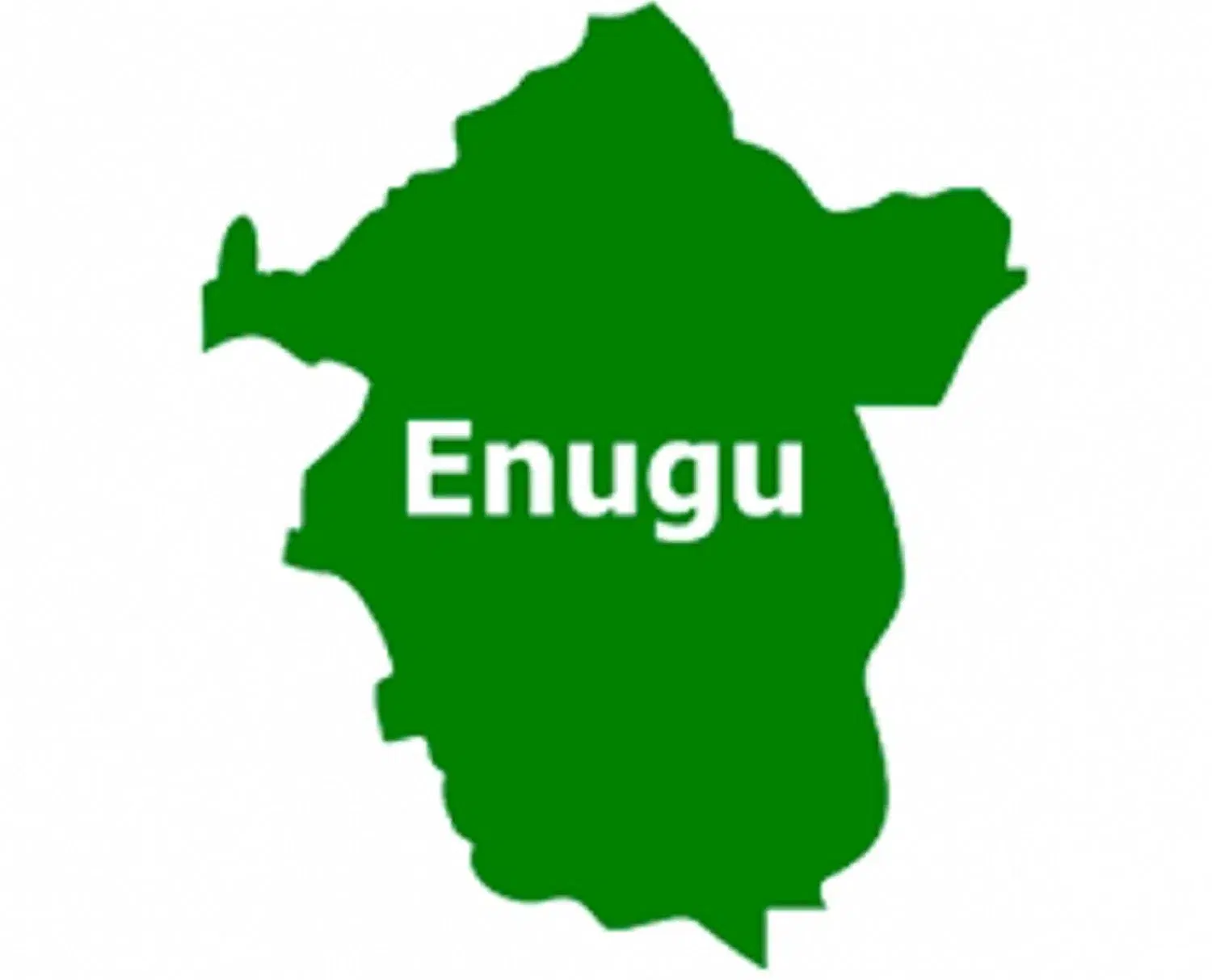In a dramatic turn of events, community leaders in the Enu-Agu autonomous community of Akpugo, located in Nkanu West Local Government Area of Enugu State, have vocally rejected the newly elected Igwe, Chief Sylvester Nnaji. They claim his election did not adhere to due process and allege he was imposed upon the community without proper consultation.
These leaders are demanding that the Enugu State Government conduct fresh elections to ensure that a credible and widely accepted traditional ruler emerges. The discontent extends to the community’s President-General, Ikenna Ogbodo, who the leaders have labeled “self-acclaimed” and not duly elected. Together, they describe both Nnaji and Ogbodo as impostors unfit to lead the community.
The group of aggrieved leaders includes prominent figures such as Mr. Anni Nneji, Stephen Sunday, National Chairman of Enugu Village, Chief Festus Chukwuemeka Chukwuma, PG of Ugwuafor, Chief Felix Ikechukwu Edeh, National Chairman of Offiaigweshi Village, and Chief Michael Edeh, a former traditional Prime Minister of Ugwuafor.
Their protest has led them to the Enugu State House of Assembly, the Ministry of Chieftaincy Affairs, and the Government House in Enugu, as they assert that addressing these grievances is essential for restoring peace in the community.
In a public statement, the group distanced themselves from what they termed “fabricated and unveiling lies” propagated by Nnaji and Ogbodo, particularly allegations regarding Chief John Edeh, a Labour Party chieftain and former candidate for the Nkanu East/West Federal Constituency. They asserted that claims questioning Edeh’s origins in the community are false, emphasizing that he was born and raised in Enu-Agu and has contributed significantly to its development.
The community leaders are also urging the state government to establish a panel of inquiry to investigate alleged communal discrimination against specific families, who they claim have been unjustly labeled as “slaves.” They argue that these families constitute 98% of the community’s population.
The unfolding situation in Enu-Agu reflects deeper issues of governance, representation, and community relations, underscoring the need for transparency and adherence to democratic processes in local leadership.

